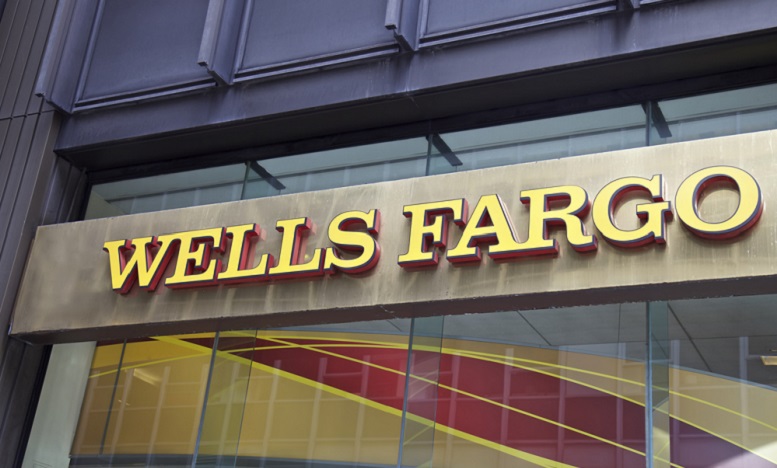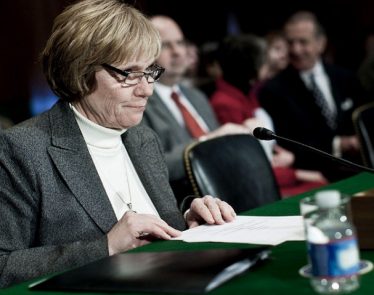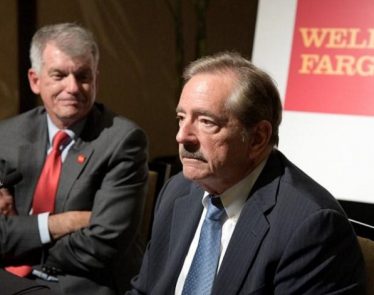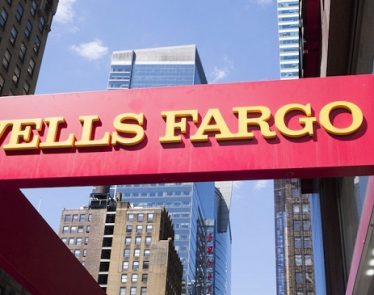
Merely months after a scandal broke out regarding the creation of unnecessary bank accounts without customer knowledge, Wells Fargo & Co (NYSE:$WFC) has found itself in yet another consumer scandal. Just last week, it was revealed that Wells Fargo had charged car-owners unwanted auto insurance. As a result, the bank may have indirectly caused loan defaults and repossessions to thousands of automobile-buyers. According to Wells Fargo, more than 500,000 customers were charged for auto insurance unknowingly while also paying off their loans on a monthly basis. Many of these customers already had their own auto insurance separate from Wells Fargo.
On Wednesday, August 2, Wells Fargo was issued subpoenas by Attorney General Eric Schneiderman as well as The New York Department of Financial Services. The subpoenas were sent mainly in regards to Wells Fargo’s auto lending unit and how they conduct their business. The New York Department of Financial Services also requested for information from National General Insurance Co. (NASDAQ:$NGHC), the insurance company that provided the auto insurance coverage for Wells Fargo.
Besides the subpoenas, some Wells Fargo customers are beginning to sue the bank for damages. The lawsuits were filed despite Wells Fargo claiming it will pay as much as $80 million to any customers who got their policies between 2012 and 2017. The bank added that it will pay additional money for those who lost their cars as a result of the insurance fraud — which was about 20,000 individuals. A lawsuit filed in San Francisco federal court said that the bank knowingly took millions of dollars from unknowing customers by charging them for auto insurance that they neither needed nor wanted.
To make matters worst, Franklin Codel, the head of consumer lending at Wells Fargo, revealed that the bank knew about the insurance issue as early as a year ago. Although it had handled the issue by reaching out to consulting firm Oliver Wyman (traded privately) for a report almost immediately after receiving information about the problems, the bank was not transparent about the situation to the public or its investors. “Upon our discovery, we acted swiftly to discontinue the program and immediately develop a plan to make impacted customers whole,” Codel said. However, the way that Wells Fargo had attempted to handle the situation quietly in the past can be detrimental for the bank in the future.
When reached out by Bloomberg for comments, Wells Fargo spokesperson Catherine Pulley declined. National General’s director of investor relations Christine Worley also did not respond when Bloomberg requested for comments.
As of 4:41 PM EDT on Wednesday, August 2, Wells Fargo’s stock has decreased by 0.13%.
Featured Image: Depositphotos/© Vividrange












